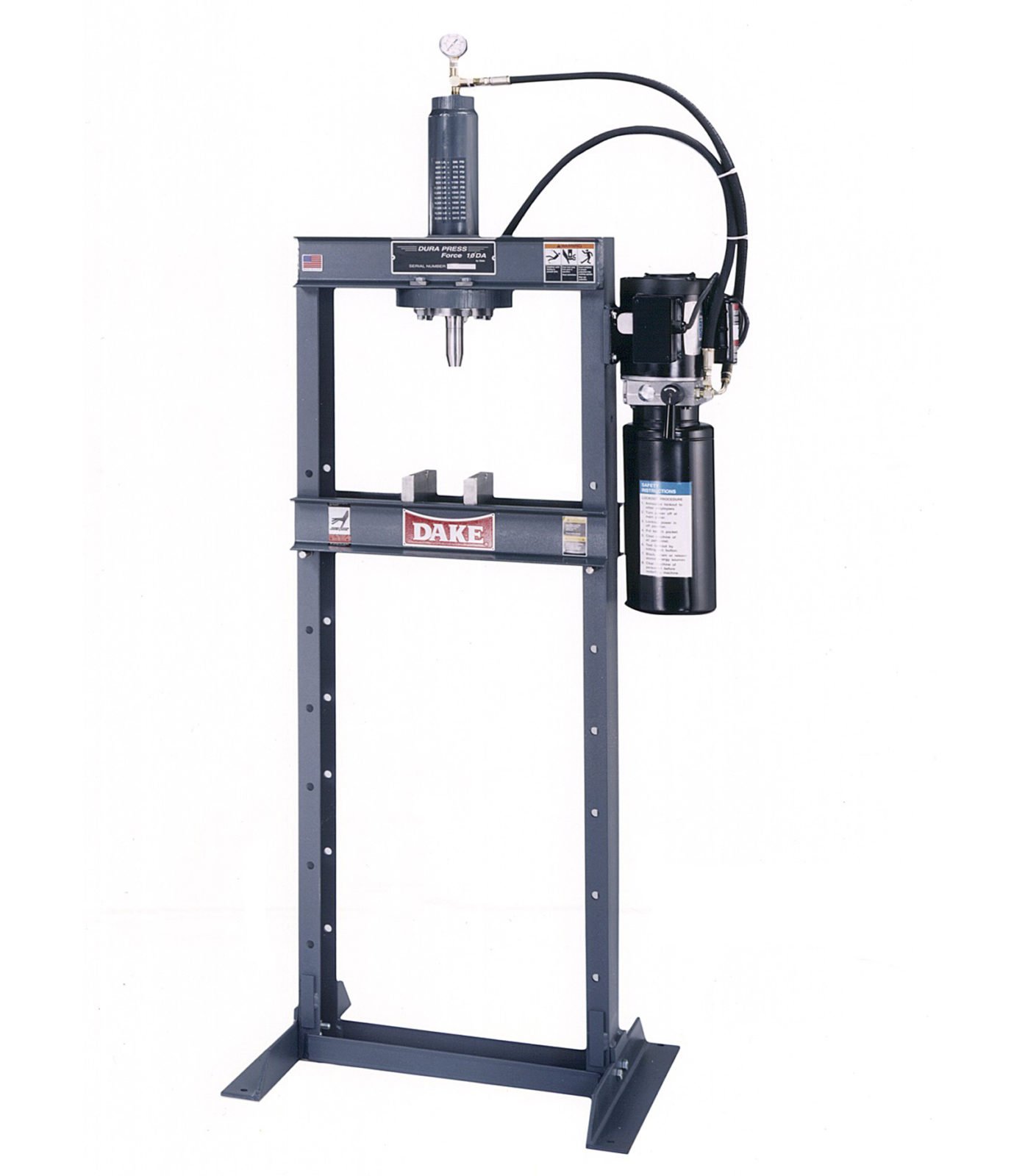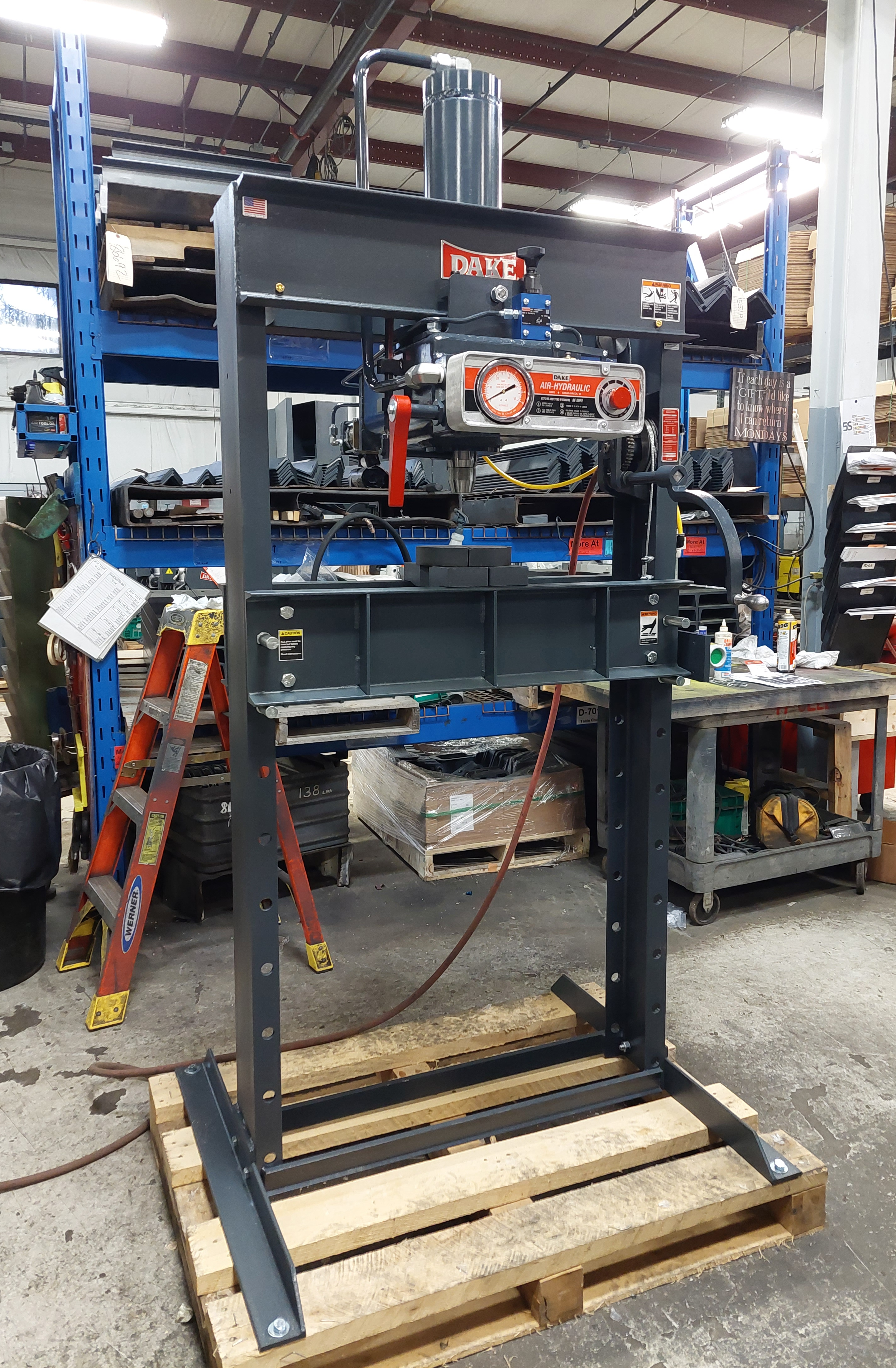Metalworking that began as a simple hobby can be easily scaled into a business. As a trade that is highly-sought-after, expanding your metalworking hobby into a thriving business is not as difficult for a metalworker as you may believe.
One thing to remember about business is that it doesn’t become a massive success overnight. There are certain steps you should follow to nurture your new business and to cultivate a growing list of clientele.
Step #1: Determine Your Goals
It doesn’t matter how long you have been practicing the art of metalworking. You can start a business at any time.
Whether you only know how to make basic poles for flowering vines to grow on or you have the skill set to create intricate designs and various products, there is a market for you. So, before you jump into creating your business, determine your long and short term goals.
The first thing to ask yourself when setting your business goals is the type of projects you can take on in the beginning. Make a list of everything you can create with your current skill set. This will help you figure out what your strengths are and how to play them up to your potential customers.
Next, you should determine how much money you will be able to comfortably invest in your work space. This doesn’t just include materials and tools. It also involves marketing.
Then, you should set a monthly income goal. After you’ve tallied up your initial startup costs and have determined what types of projects you can take, you can easily calculate how much you want to make each month.
Finally, you need to determine who will get the word out about your new business. There are so many options these days from traditional flyers and other printed materials to digital marketing with the help of social media networking.
Once you’ve written everything down, set your vision for daily, weekly, monthly, and even yearly goals.
Step #2: Stock Up On Materials
This step is where some make the mistake of overstocking materials. Due to the excitement of starting a small business, it is easy to get overzealous and order too many products. This can leave you in a bind that puts unnecessary stress on you to sell your products.
The cost of metal materials can rack up quickly. So, make sure you have enough to manage your first month of projects, but don’t buy too much to the point that it'll take up space in your workshop for some time.
Next, look for a vendor that you can buy supplies from. By buying from the same vendor (locally or online) repeatedly, it may be possible to secure loyal customer discounts.
Step #3: Invest in the Proper Equipment
At this point, you’ve set your goals and stocked up on metal. Now it’s time to purchase the right equipment to help you create more inventory and meet customer deadlines.
If you’ve been working with metal for a while, you probably already have a few pieces that you can use in your business.
Here’s a quick guide to the most common metalworking tools for your welding shop:
- Marking Tool - a sharp razor blade to cut small points in the metal
- Ruler - a stamped steel measuring tool
- Dial Clippers - a measuring tool that makes uniform mark in the metal
- Machinist’s Square - a right angle hand-held tool to make marks across the metal
- Center Punch - creates precise holes with clean edges
- Drill Press - a machine that quickly and efficiently creates perfect holes in metal pieces
- Drill Bits - used on the drill press to create various sizes and shapes of holes
- Vises - used on the drill press to hold the metal in place
- Bandsaw - a machine that cuts metal
- Portable Work Stand - a bench that can be easily moved around the workshop
- Belt Grinder - a hand-held machine that polishes metal for a finished look
There are many other types of manual and mechanical equipment and gear that you can utilize in your metalworking shop, but the above list is a great place to start.
Step #4: Find Your Niche
Now that your workshop is set up, you can start producing pieces that cater to your niche. If you haven’t chosen a niche yet, go back to the brainstorm you had when you were setting your business goals.
Review your strengths and find a niche that works well with them. This will help you find the right customers who are looking for your specific products, and it will also make the next few steps much easier.
Step #5: Sell Your Products In-Person
When starting a small business, especially one based on a trade like metalworking, it’s a great idea to get your pieces into the hands of your friends and family. This is a great way to generate word-of-mouth advertising. If your family members and friends start talking about your metalworking skills, this can generate interest locally.
In addition, do some research on local craft fairs and rent a booth there. Art galleries and furniture stores are other great places to inquire about. Also, don't underestimate the power of a good old fashioned newspaper ad.
Step #6: Go Digital
It has never been easier to create a website than it is today. You do not need any coding skills, and the cost of hosting a site can be very affordable at a small business level. In fact, you can have a functioning online retail shop up and running in about 30 minutes.
Also explore the option of creating dedicated social media accounts for your business. This is an excellent way to showcase your products, engage with customers, and get valuable feedback.
To get more eyes on your products, you can try online advertising with Google Ads. This will drive more traffic to your new website, which can turn into dollar signs if you’ve hit the correct target audience.
In Conclusion
Transforming your metalworking hobby into a small business is just like any other start-up. It takes time, dedication, and a lot of patience. However, if you follow the steps mentioned in this article, you will be able to scale your business as far as you want.
To learn more about Dake metalworking tools and services, click here.
-1.jpg?width=1200&height=525&name=DAKE003_%20Logos_Red%20(002)-1.jpg)

.jpg)

